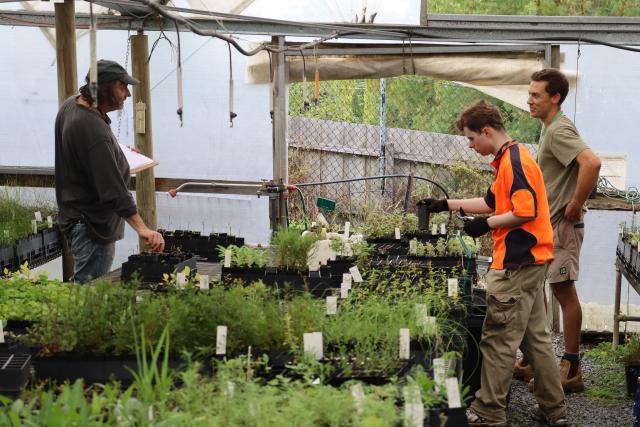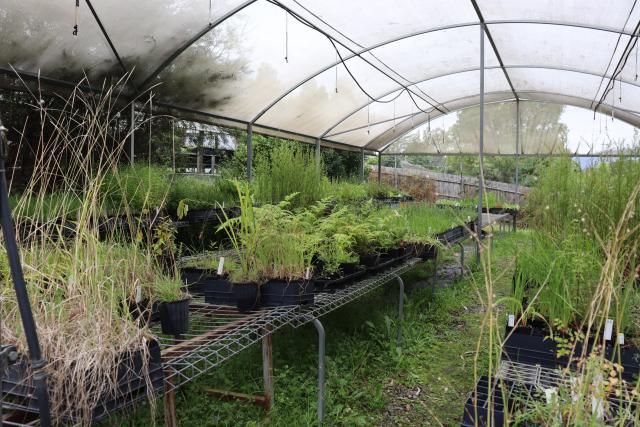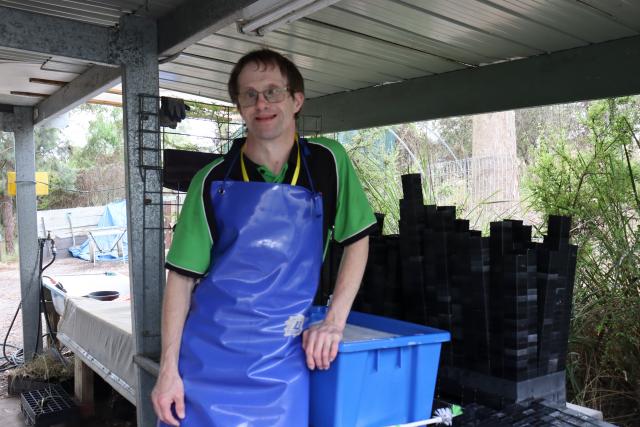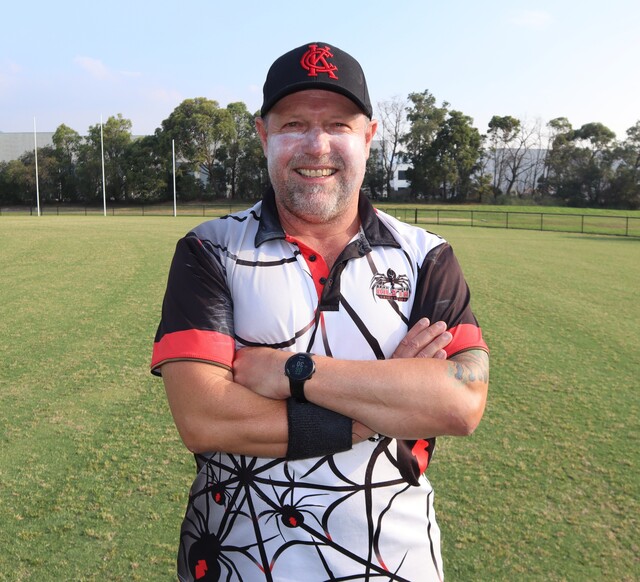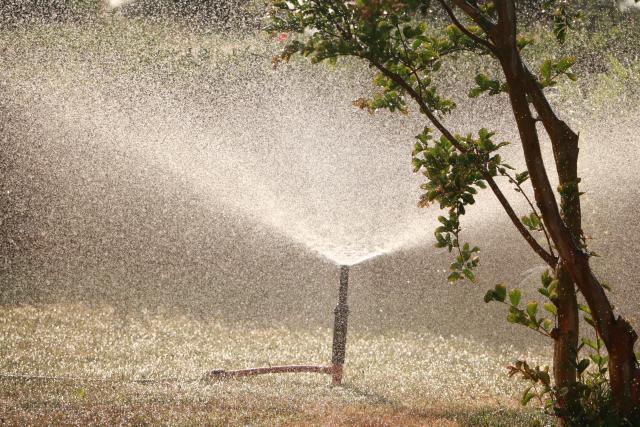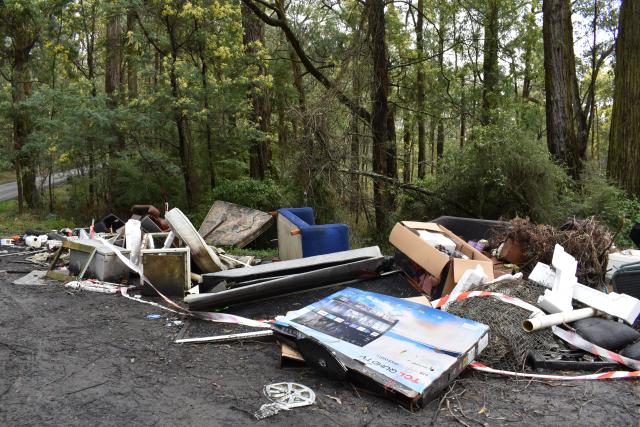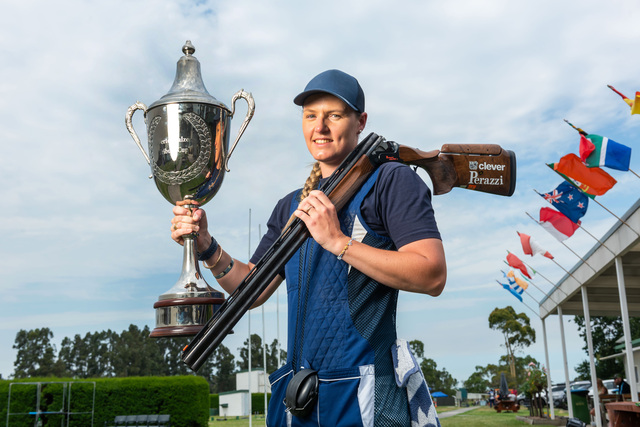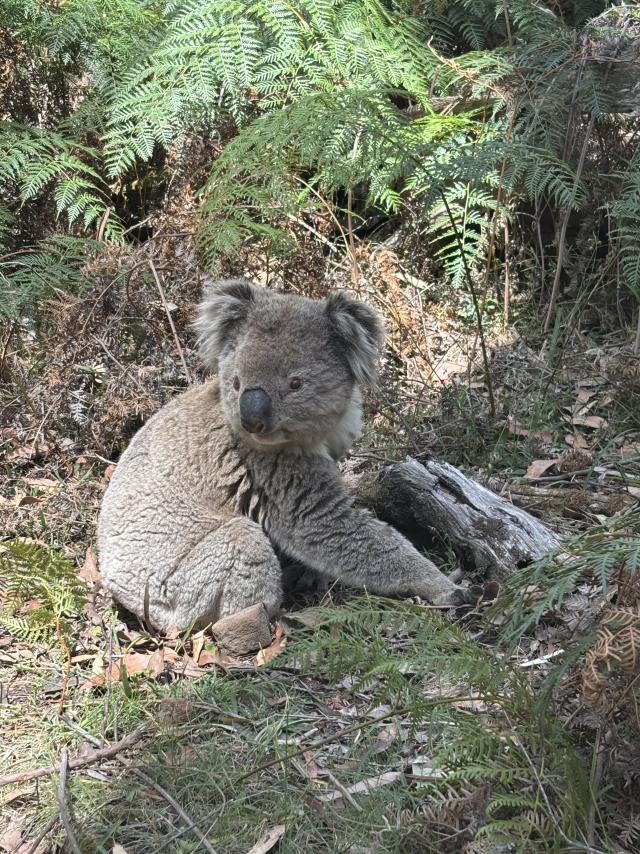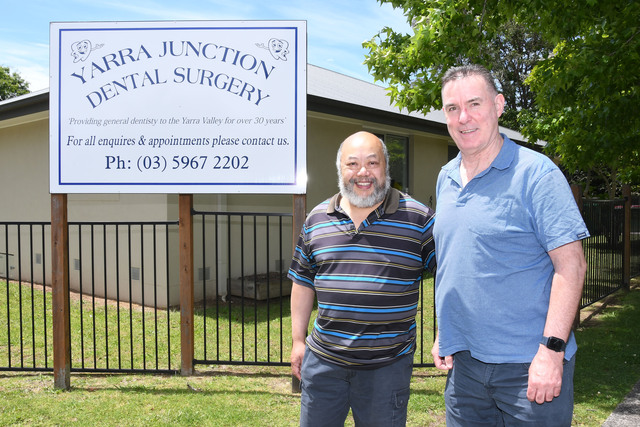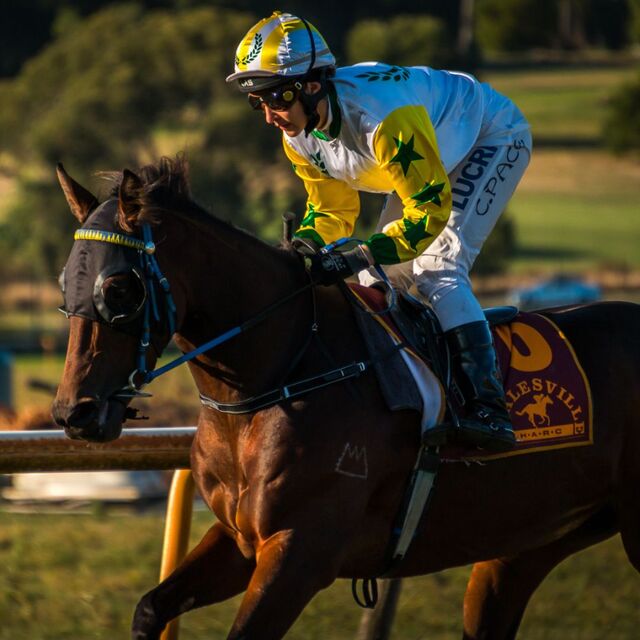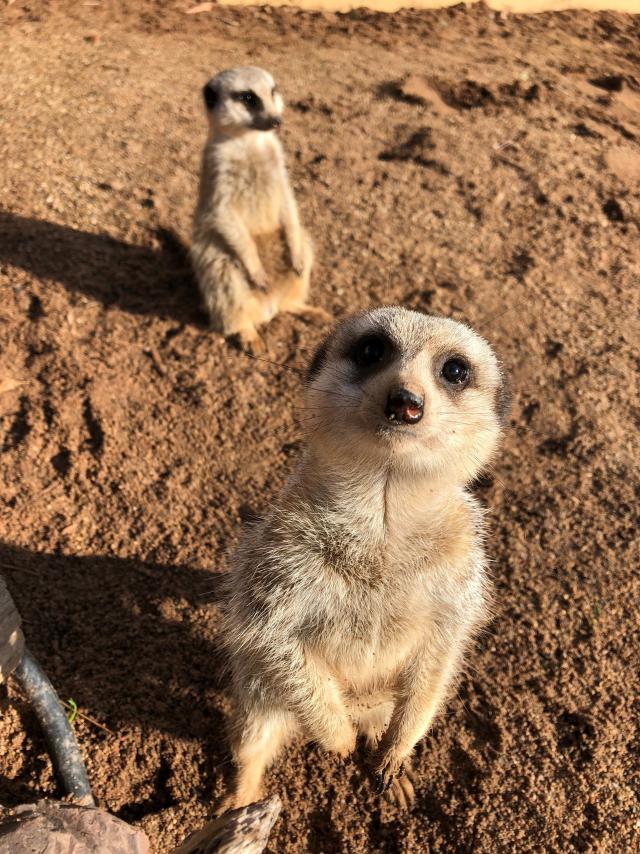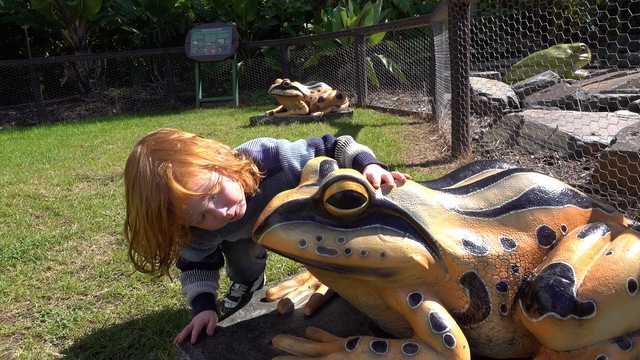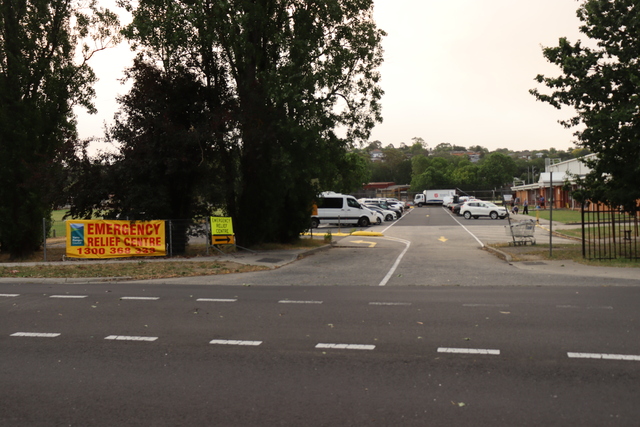The term ‘dire straits’ has been used to describe the situation Candlebark Community Nursery in Mooroolbark faces to stay in operation and keep native habitat thriving.
With years of lockdown during the pandemic and the years that have followed losing volunteers, the compounding effects has left the nursery asking the community for help.
Launching a GoFundMe at the end of February, the aim is to raise $60,000 to continue operations, keep the paid staff employed and set the nursery back on a sustainable path.
Now nursery secretary Debbie Shaw, who was one of the founding members of Candlebark 30 years ago, returned to buy some plants in the middle of February having not visited for a number of years.
Hearing of the dismay volunteers and the committee were experiencing, Ms Shaw decided to help where she could, joining the committee on the spot.
“[Pre-Covid] we had funds in the bank. We had a nursery propagator who’s passionate as, he probably puts in twice as many hours as we can pay him for. We had thousands of plants and then all of a sudden, everything stopped. You can’t sell any more,” Ms Shaw said.
“You can’t go out, you can’t do anything really, other than trying to manage the stock you’ve got. We already had standing orders we couldn’t fill because we had no one to do all the work.”
Made up of mostly volunteers, Ms Shaw said during Covid many stepped away, others found different priorities or opportunities.
It was during this time too that the longstanding treasurer stepped down and Ms Shaw said that meant throughout Covid, as much as people tried, there was no one with financial experience monitoring the nursery’s incomings and outgoings.
Mostly supplying plants to local councils, schools, community groups and other organisations who want to establish indigenous gardens or reintroduce habitat, Ms Shaw said orders slowed during the pandemic to unsustainable rates.
“They had to throw out thousands of plants because they couldn’t give them away and they really struggled with during Covid to get the plant orders.
“[Right now] we’ve got 60,000 plants, 15,000 of them are actually ordered but that’s not even enough to cover what’s walking out the door. The biggest expenses are the water, the power and the lease from a public authority.
“We need to sell more than 15,000 plants. We need to sell all 60,000 plants to get back in the black.”
But with a reduced number of volunteers to sell, propagate and maintain the property itself, everything has been falling behind, with the added challenge of malfunctioning watering systems and heatbeds.
“All the plants are weedy. There’s weeds everywhere. The weeds took over, blackberries, everything during Covid but no one can keep on top of it.
“If we can get the weeds down, that saves the weeds in the plants which saves the volunteers’ effort.”
Now looking for any help from the community who are willing to provide financial, technology, land maintenance, retail or propagation support, Ms Shaw said anyone and everyone would be welcome.
“We need a couple more enthusiastic people with some environmental knowledge background or the ability to learn,” she said.
“We’re about saving biodiversity assets. We’re here to give habitat back to animals, those pesky possums that have moved into our roofs because we’ve moved into the place where they live.
“It’s re-educating people about the fact we can live in harmony. It makes for a healthier environment and makes for healthier ecosystems.
“Farmers have learned that if you use indigenous plantings around your farm, you’ll get a more productive farm. You’ll get healthier soil.”
Ms Shaw said nurseries of this kind are more important than ever, watching the development of houses spread further and further.
“When you look at the development, the land use that’s going on and all the disappearing receding bush and habitat, it becomes more and more critical that we actually support the local environment,” she said.
But in order to achieve that, Ms Shaw said “all we know is that we need to get the heart back” into the nursery, with a really strong group of volunteers to ensure the work can continue.
To find out more about Candlebark Community Nursery, go to candlebark.org.au. The nursery is open Wednesday to Friday and Sunday 10am to 2pm. Any queries can be directed via phone on 9727 0594 or email info@candlebark.org.au
The fundraiser can be found at gofundme.com/f/candlebark-community-nursery-survive-and-flourish

